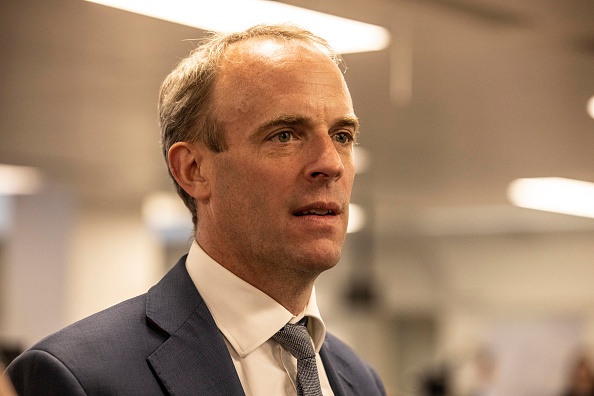
“If anything, I get accused of being over-inquisitorial” – that was probably the most individually revealing thing that Dominic Raab told MPs in his emergency appearance in front of the Foreign Affairs Select Committee. It was much closer than you might expect to hearing a sitting minister acknowledge one of Whitehall’s most widely discussed feuds: that between the Foreign Secretary and many of his own officials.
As I wrote in my column recently, relations between Raab and his officials have always been mixed. But they have of late become more fraught, and one sign of that has been the number and pitch of stories about his absence from the country at key moments during the withdrawal from Afghanistan.
Raab’s Select Committee appearance also indicated that things are not entirely right between him and his department. He struggled to provide answers to some fairly predictable questions and at times appeared not to be across the detail. Speak to most civil servants and they’ll say the problem is that Raab is abrasive and essentially uninterested in the Afghanistan part of his brief. Speak to Raab’s allies and admirers and they’ll say the problem is that the Foreign Office doesn’t like Raab’s agenda and is “sulky” about the foreign aid cut, and that too many officials are working to rule.
Who’s right? Well, in a sense it doesn’t matter. Whatever Raab had said today, there was no serious prospect of him being asked to stand down, and the rumoured date for the supposedly looming reshuffle keeps getting moved back.
But part of the problem is that across two of the four big departments – you see this at the Home Office too – relations between ministers and officials are not good, and whether due to bad management or a malfunctioning institution, things are not getting done. For the moment Boris Johnson’s good fortune is that problems at the Home Office and the Foreign Office haven’t yet caused problems that create a big mess electorally. But he may not always be so lucky.





